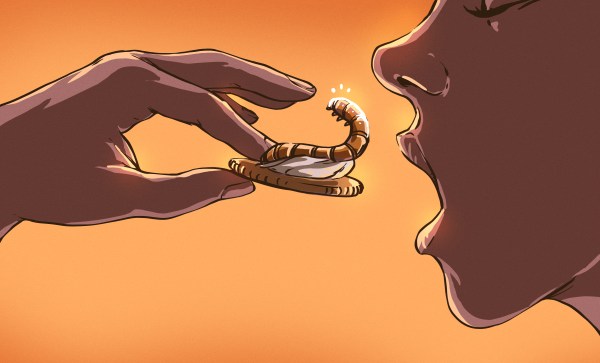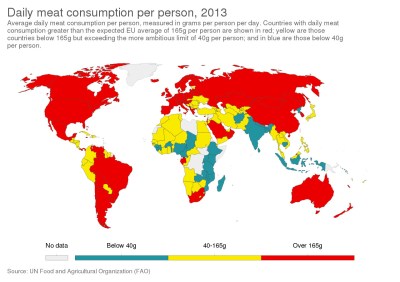As the current frontier of humanity in space, the International Space Station is heavily reliant on Earth not only for fresh supplies but also as a garbage disposal service for the various types of waste produced on the ISS by its human occupants. As future manned missions take humans further away from Earth, finding ways to reprocess this waste rather than chucking it out of the nearest airlock becomes a priority. One suggested solution comes from a Polish company, Astronika, with their insect bioreactor that can process organic material into useful biomass.
Interestingly, the cockroach species picked was the Madagascar hissing cockroach, one of the largest (5 – 7.5 cm) species. This is also a cockroach species which is often kept as a pet. In this closed-loop bioreactor that Astronika has developed, these cockroaches would chew their way through up to 3.6 kg of waste per week in the large version, with the adult cockroaches presumably getting turned into fresh chow and various materials at some point. Beyond the irrational ‘yuck’ factor that comes with eating insect protein, one of the biggest issues we can see with this system is that the long-duration mission crew may get attached to the cockroaches, as they are rather cute.
Continue reading “Cockroaches In Space: Waste Processing And A Healthy Protein Source Combined”













